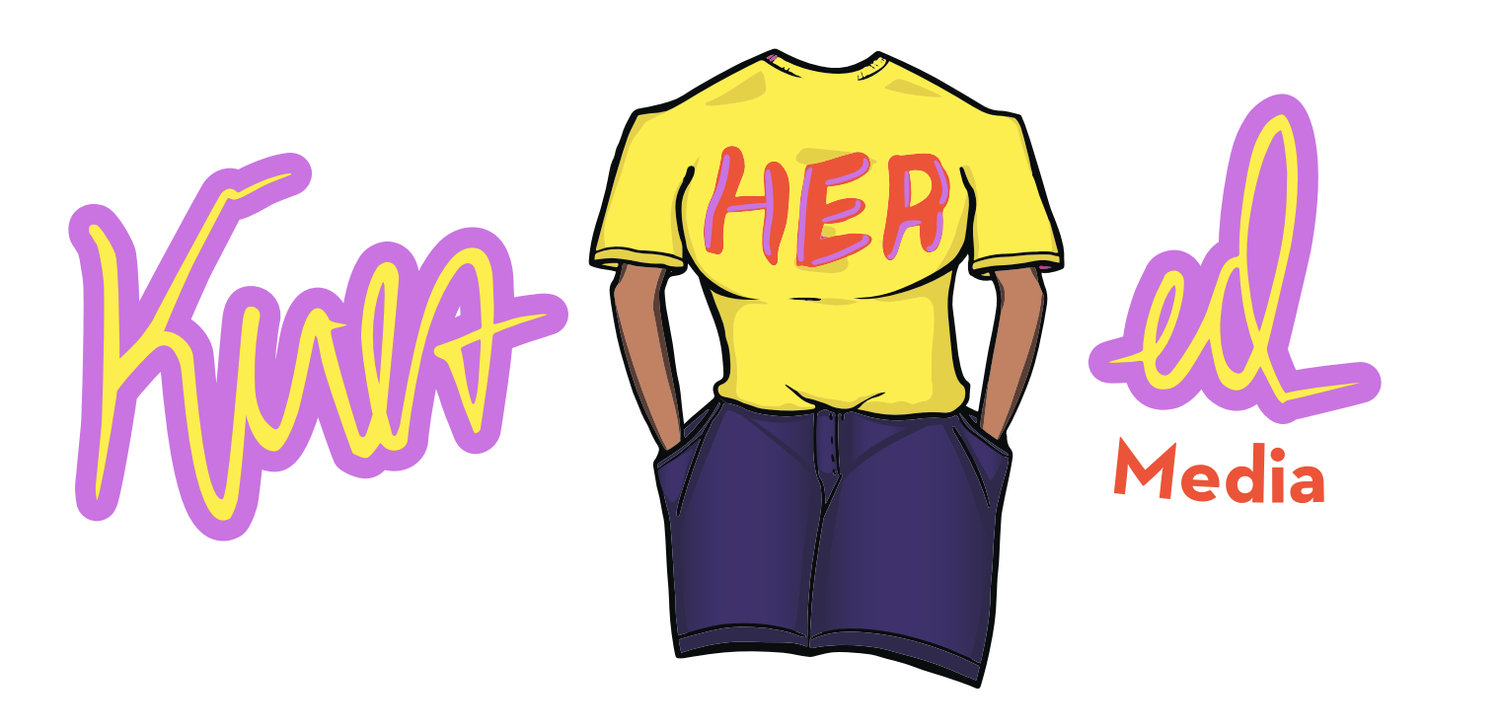For Colored Girls Who Tweet Thru It When Therapy Costs Too Much: How Twitter is a Safe Haven/Therapy for Black Women
Twitter is used for a lot of things-breaking news, a personal diary, sports highlights, weather, communicating with family, stalking an ex or potential mate, securing your dream job and so much more.
But one of the biggest groups of people I see using Twitter for everything under the Sun including rapid creative memes, success stories, recipes, advice and more is Black women.
Black women have been proven to be proprietors of the culture and consumerism, the most educated group in America and the biggest group to open and sustain businesses, so it’s no surprise that they’re creative users of the Internet communication platform as well.
The term “Black Twitter” was coined essentially in 2010, when writer Farhad Manjoo wrote the article “How Black People Use Twitter” for Slate. People truncated “Black Twitter’ from the title, and the movement was born.
When I think of Black Twitter as an avid user and consumer of content on the platform, I think of it as a tight knit community of cultured folks who share experiences and draw attention to issues in the Black community. It’s not always a protest epicenter, but more of a melting pot of culture proving with shared experiences from different social circles and moments- experiences that we all grew up with and know. Essentially, Black Twitter makes conversations coalesce around specific cultural moments that range from slavery and social media to pop culture and politics and everything in between via tweets, memes and videos.
Black women, more specifically, have been using the platform in more concentrated ways-offering up story times as a warning to other women of what not to do and avoid, words of encouragement to other Black women in treacherous situations, recipes, tips, guidance, offering of services, tutorials and more.
Two of the biggest movements on Twitter started by Black women are the #SayHerName hashtag that opened up the conversation about police brutality against women (and has since morphed into self-empowerment as well) and #BlackGirlMagic, the hashtag that celebrities and companies have capitalized and used to honor and celebrate Black women and their accomplishments.
When HoneyPot (an organic, plant-based feminine/vaginal care line) founder Bea Dixon got targeted by mad White women after Target featured Black women shopping for her products in their a and Dixon talking about Black girls/women being entrepreneurs, Twitter users rallied around her. One Twitter user (I’m 10 Years Older Than Mark@eleven8) posted a viral tweet with a link to TrustPilot.com asking Black women to leave a positive review for HoneyPot Co.
“White women couldn’t stand to see black women and girls feel empowered so they want to sabotage a company that is otherwise highly rated.
Y’all want “reverse racism” to be real so bad.. meanwhile, you show your pure racist asses every day,” she tweeted.
Another Twitter user, Bad& BRUJA @melaninbruja brought up the conversation around women and how to heal during sex from sexual trauma.
“If your woman cries during sex she may be releasing some pent up emotions. Don't be alarmed. Hold her tight, keep stroking, and whisper in her ear "I got you. You're safe". This is an example of how you can help heal a woman through sex.
-sensual energy alchemy”, she tweeted. The conversation then continued in the comments about consent, women’s reactions to sexual pleasure and alternative ways of healing.
I’ve saved and bookmarked plenty of tweets about Black women sharing recipes, affirmations, business strategies, skin products, makeup products, books, advice on finances and relationships, media and so much more. A lot of women tweet out their tragedies and woes because we live in a culture where “venting” or crying means you’re showing weakness and women aren’t keen on being friends because they view life as a competition. But for the most part on Twitter, that dissipates. Black women who are all so different yet still share the same fears, joys, stories, and needs gather in one place to make it a digital safe space.
In a time where information travels like the speed of light, it makes it that much easier to spread vital information that Black women need access to in order to expand minds, heal spirits and gain knowledge, especially if we have no other space that will hear, love and recognize us.
It’s powerful how one social media platform can bring Black women together with so much non-judge-mental knowledge to help, uplift, comfort and celebrate other Black women with information, love and virtual friendship with just a few keyboard strokes. Whether you need advice on your marriage or relationship, business ideas, makeup help, spiritual guidance to align your chakras, a history lesson, domestic violence resources or need to feel some strong solidarity after a death or sexual assault, Black women on Twitter have you covered. Like YouTube, it’s a free, invaluable resource that has it’s pros and cons but always has great intentions for Black women-it’s like looking into the mirror at the best version of yourself. Try it and see- you may discover something new.

